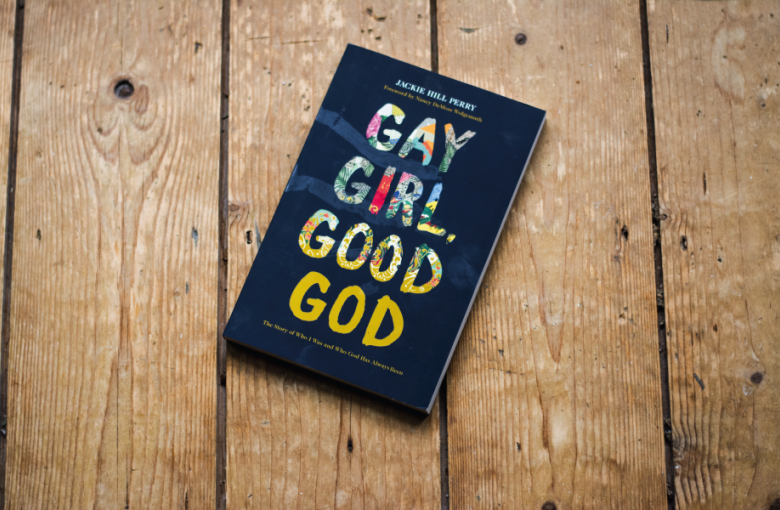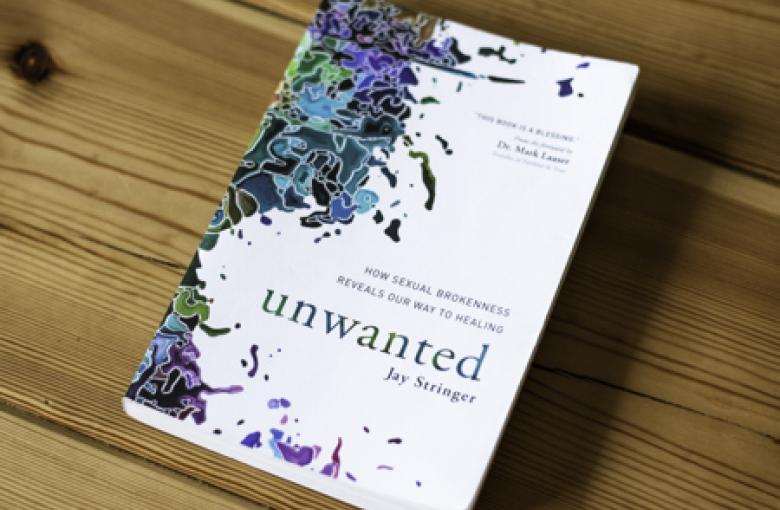It’s worth reminding ourselves that every human being experiences singleness. Some will marry, and half of them then experience singleness again when their spouse dies. So, while the issue may have a particular resonance for those with SSA, it is relevant to everyone – not least single Christians.
In this interview, Stefan and Stuart explore how to have a fruitful dialogue with those you disagree with theologically. You could present the most fantastic case for belief in Christ but do so in a way that isn’t helpful. Rather, you are seeking to win people to Christ, not just winning a point in a conversation.
Despite the clear call to speak God’s message, the Church has always faced the pressure to keep quiet, especially when it comes to articulating areas of the Christian message that are more counter-cultural than others. For the modern Church in the West, the pressure to not talk about God’s perspective on same-sex relationships has grown.
I love the story of the prodigal son, the way his father ran towards him with open arms, ready to welcome him back after his years of wasted opportunity. And that’s exactly what God did for me four years ago, just before my 49th birthday - God welcomed me back into his family.
Jackie Hill Perry’s background as a poet and rapper is clearly reflected in the pages of her book "Gay Girl, Good God", with her poetic and striking use of language to portray both her joy in God and the struggles and sorrow that she has experienced.
I’ve never needed much encouragement to read. But for a long time I felt nervous of touching anything that might have a hint of sexuality about it, because doing so might either expose my own struggles with my sexuality or increase the intensity of those feelings. But now I've changed my mind and my practice.
In the midst of all the poetry in the book of Song of Songs, I have been struck by a very practical teaching that is stated three times: “Do not arouse or awaken love until it so desires”. This implies that it is unwise to allow this love to develop prematurely.
Written by American mental-health counsellor and ordained minister Jay Stringer. The book explores the processes of how we begin to “understand our lust”, seeing our present-day sexual fantasies and behaviours as road maps that can help us to understand our unresolved experiences from the past.
From the very first gathering of God’s redeemed people by the Red Sea, until the final, complete gathering of God’s people before His throne, God’s people are characterised as people who sing. Music has a power to lift our spirits, teach us, encourage us, and train our hearts in gratitude to God.









